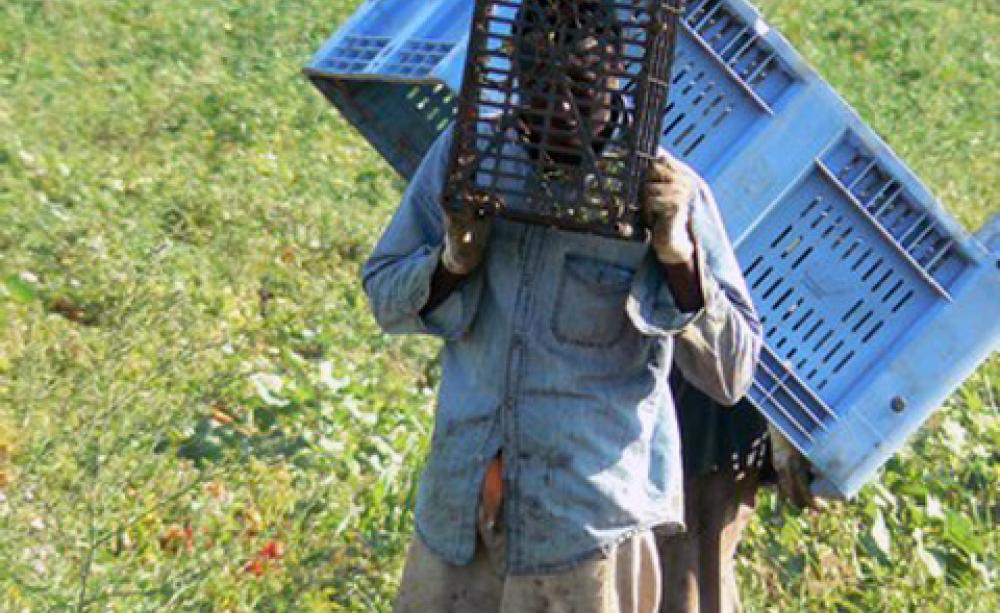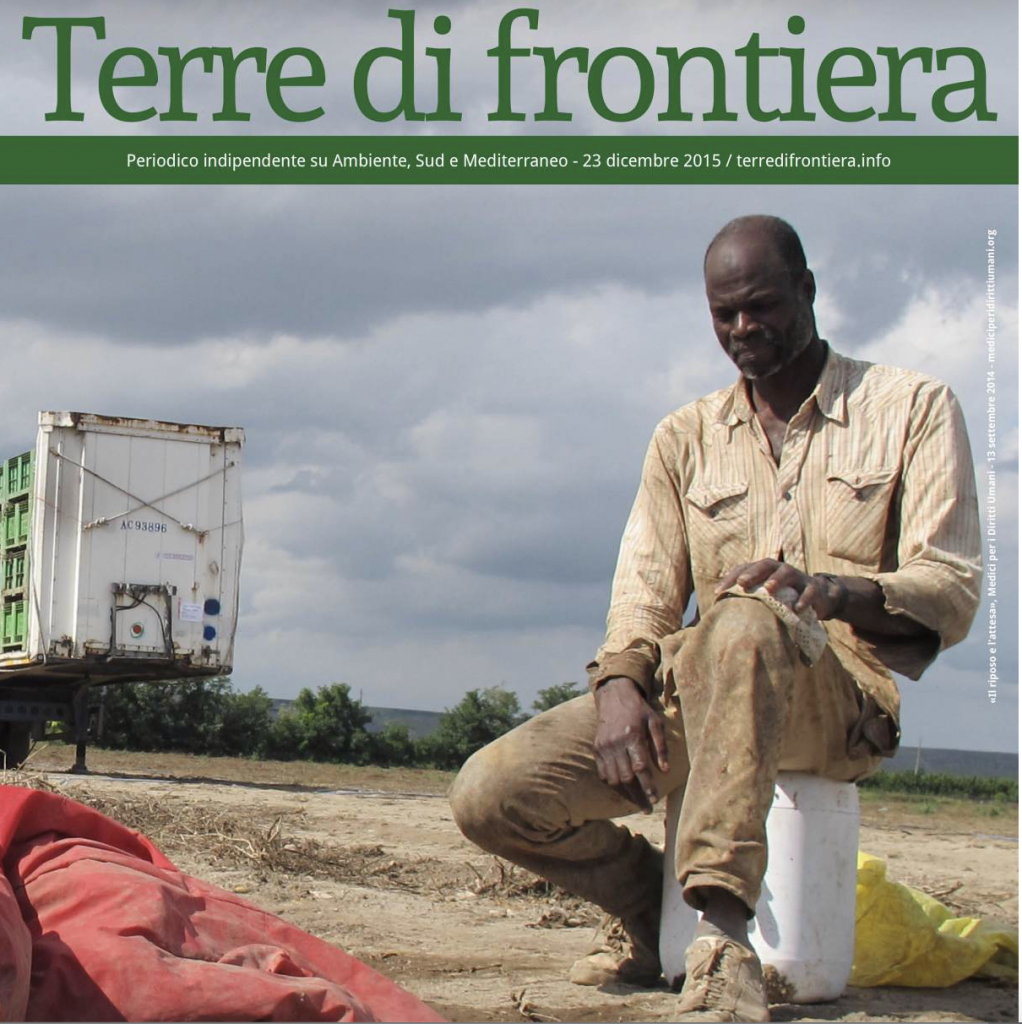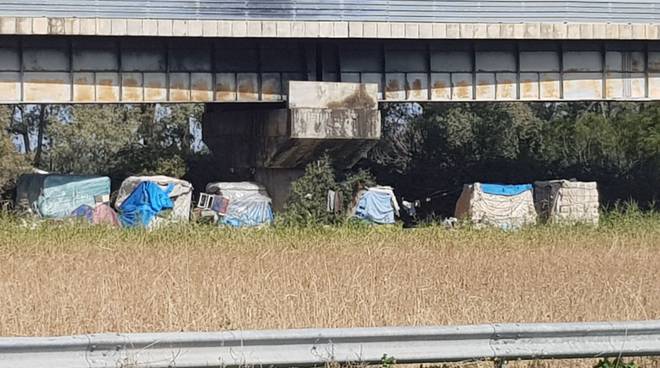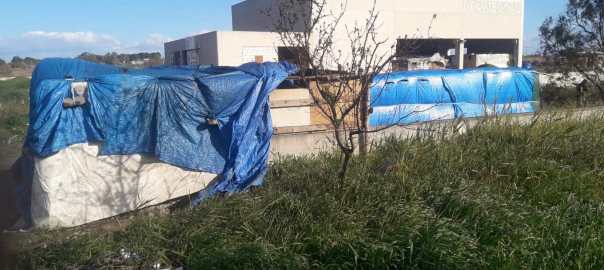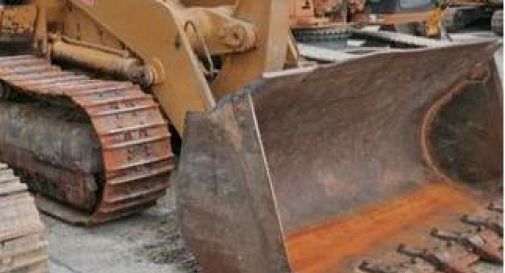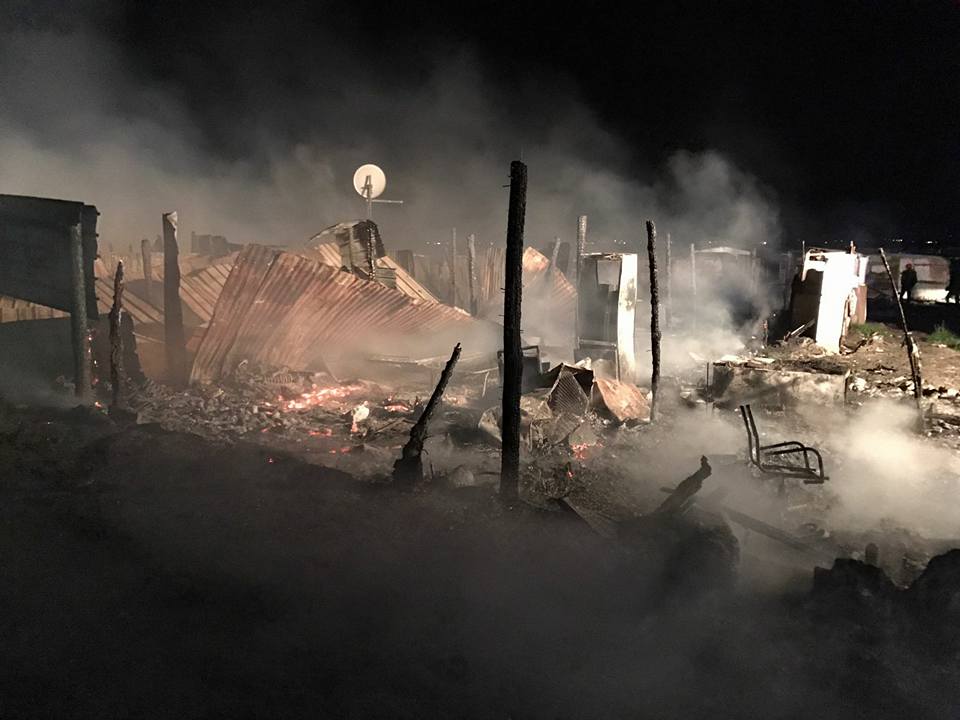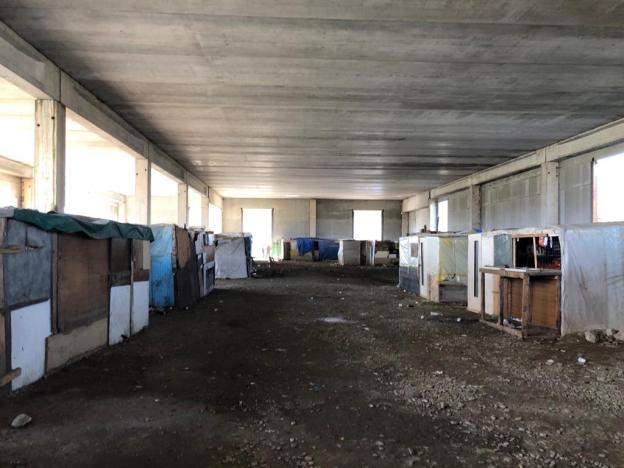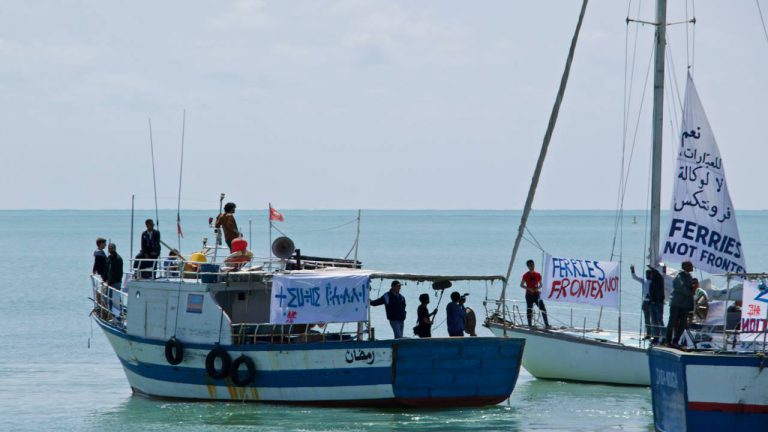Following up my earlier posts on COVID I’d like share a long interview (in Chinese and Italian) with Zheng Ningyuan on the website sconessione precarie, a web platform of precarious workers based in Italy. Ningyuan is a Chinese artist and co-founded founder of the WUXU group. During the current crisis he founded the 4xDecameron project to share reflections and thoughts on the quarantine between Italy and China.
Ningyuan’s interview offers a spectrum of how COVID may transform people’s lives fundamentally in the shadow of currently adopted containment measures. One important aspect concerns what Biao Xiang, in another article, calls the deep transformations to our current “mobility economy“. In line with previous observations about the rising oligopoly of retail businesses and the current global re-dimensioning of commodity trade (particularly of food products), Ningyuan reveals a few rarely highlighted aspects of the Chinese crisis response. Rising difficulties in the food supply chain during the lockdown have inspired the Chinese government to stimulate digitalised buying platforms like (Alipay) e Tencent (WeChatpay), for example. On the one hand, such online distribution has compensated the perceived inefficiency of physical retail shops and centralised logistics. But it also generates an acceleration of control mechanisms over people’s everyday mobilities through increased web surveillance. Finally, it leaves millions of non-resident citizens such as informal migrant workers and homeless people, literally, off the grid. During this current epidemic, for example, the Chinese government has strengthened the so-called “health code (健康 码)” system in order to monitor the biological status of individual citizens in order to avoid possible threats to public health. This system can directly limit our very sense of being mobile, Ningyuan concludes, because it further blurs the boundary of who and what is determined a risk to the preservation of biological life as an object of government intervention.
One of the major challenges ahead is exactly to foresee how the biological governance of post-COVID life will further enhance this digital extractivism of our everyday mobilities – in which China is observed to be prime developer and commercial leader. In line with Ningyuan’s interview, Biao Xiang writes how the COVID-19 epidemic and the subsequent responses are particularly impactful because they abruptly halt what we may call a “mobility economy” -while also transforming it in different ways. Comparing the Chinese government reaction to the 2003 Sars crisis and the current COVID epidemic, he concludes that that the control of mobility is no longer specific to controlling the chain-like mobility of rural-urban migrants and the way they are presumed a risk to society. Today, the government is consolidating what Xiang calls a serious of grid reactions: residential communities, districts, cities and even entire provinces act as grids to impose blanket surveillance over all the residents, minimise mobilities, and enforce isolation. Such reactions are following a trend of proliferating labour mobilities, whereby people are constantly moving between homes and jobs -a situation that is pushing this differentiation, rhyzomatic government response. Several autocratic governments are already experimenting with social network technologies today to control mobility in the post-COVID phase. it remains an open question how these technologies will also include the “off the grid” informal workers and non-residents who remain or do not remain valued as key assets to maintain current levels of welfare.




